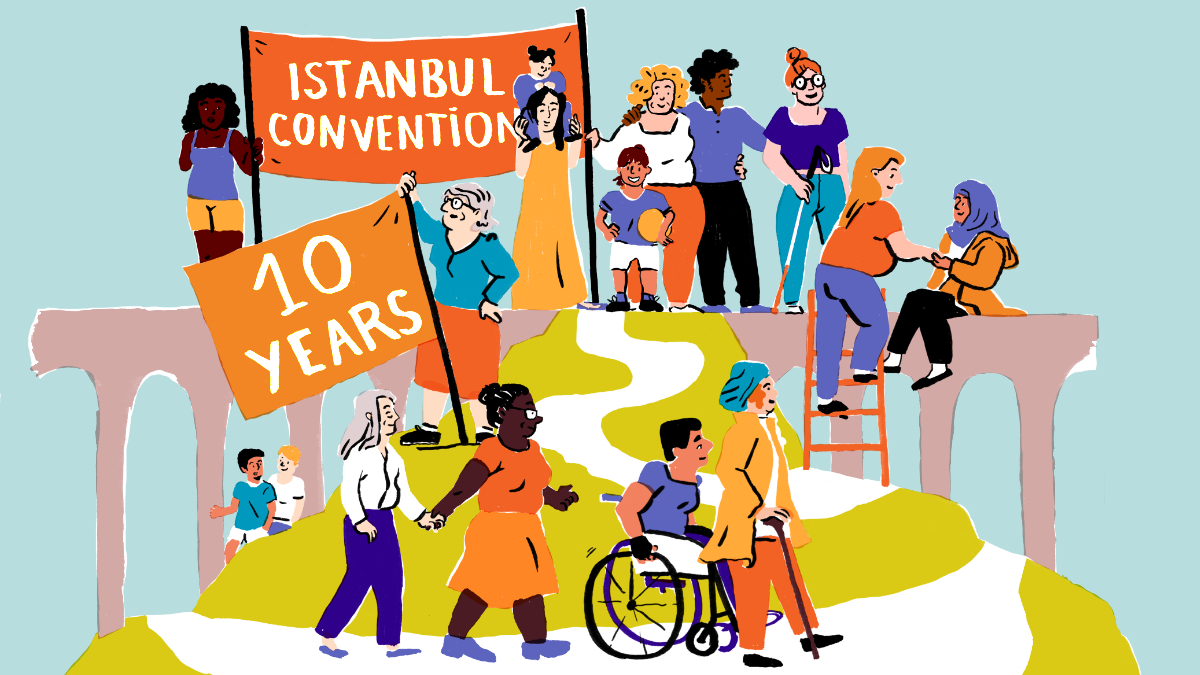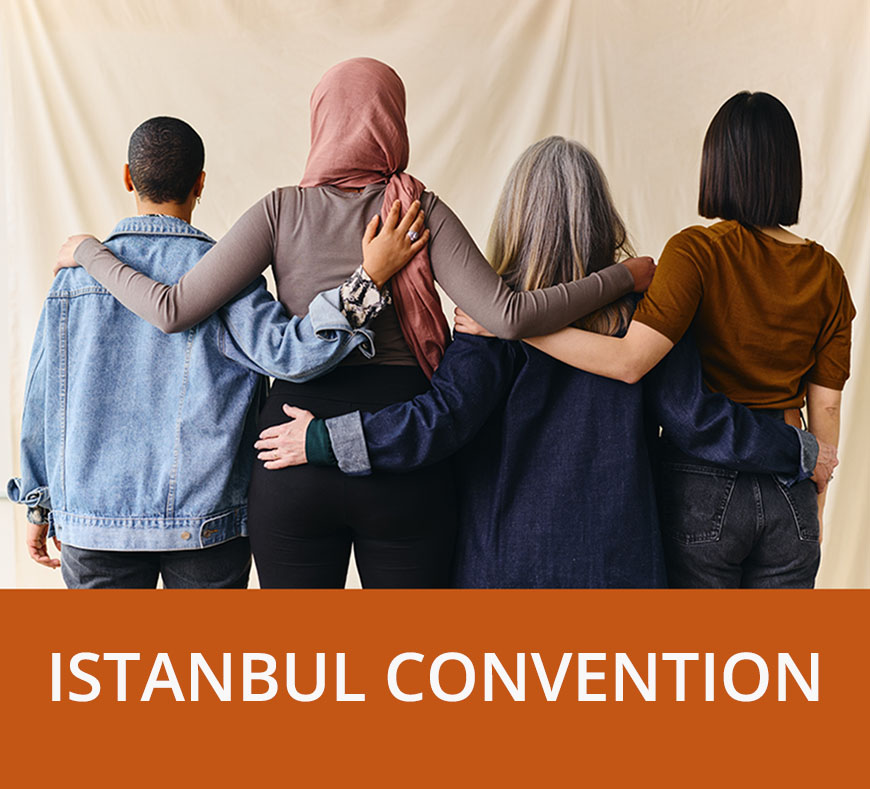Towards gender equality: Ending violence against women

Reinforcing this recognition, the Istanbul Convention made it its fundamental principle. In framing the eradication of violence against women and domestic violence in the context of achieving gender equality in law and in practice, it recognises the structural nature of such violence and is a critical tool for the advancement of women’s equality with men. The Council of Europe Gender Equality Strategy 2018-2023 highlights violence against women as a major obstacle to gender equality. Preventing and combating violence against women and domestic is one of its five strategic objectives.
Violence against women remains one of the most pronounced expressions of the unequal power relations between women and men. It is both a violation of the human rights of women and a major obstacle to gender equality.
Violence against women and domestic violence cannot be addressed without looking at gender equality issues. This is why the Istanbul Convention speaks about the “gendered” nature of violence against women or of “gender-based violence against women”. It addresses forms of violence that are directed against women because they are women and/or affect women disproportionately.
- The Istanbul Convention: An instrument to promote greater equality between women and men
- Council of Europe Gender Equality Strategy
Conference: Gender equality and the Istanbul Convention: A decade of action, 11 May 2021
The theme of the conference marking the anniversary of the Istanbul Convention demonstrates the contribution which the Istanbul Convention is making to the advancement of gender equality. This conference highlights the need to tackle the roots of gender inequality and violence against women by combating gender stereotypes and sexism on the basis of the full range of Council of Europe standards, including the Council of Europe Recommendation on Preventing and Combating Sexism.
The conference is open to the public and will be livestreamed. A recording will be made available.




